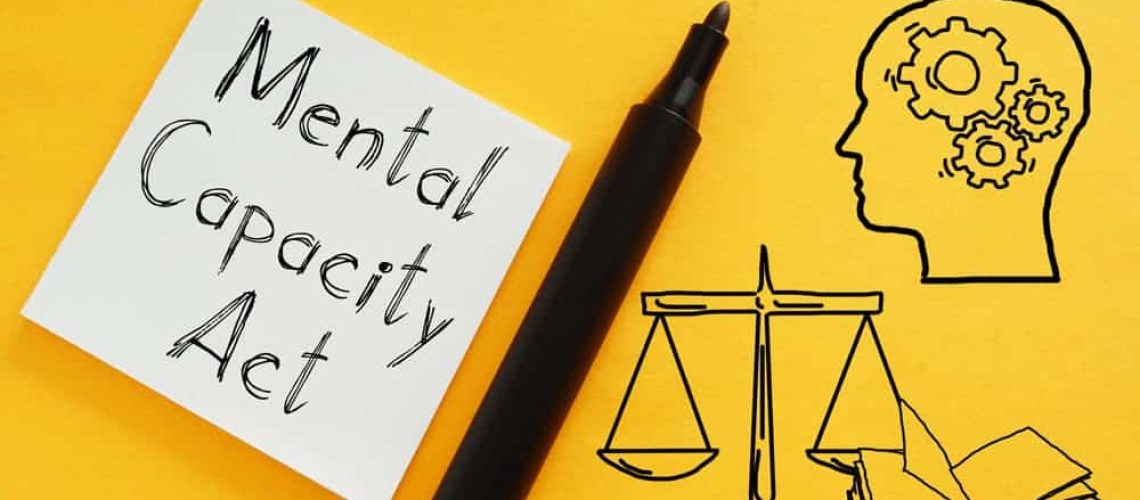Mental Capacity in Adult Social Care: Understanding Rights and Responsibilities
As the global population ages, the number of people living in care services has been on the rise. With this shift, there has been a heightened focus on the topic of mental capacity within these establishments. It’s essential to understand the importance of assessing and respecting an individual’s mental capacity when receiving care and support.
1. What is Mental Capacity?
Mental capacity refers to a person’s ability to make decisions for themselves. It’s a fundamental human right, and everyone is presumed to have it unless proven otherwise. Mental capacity can be affected by numerous conditions such as dementia, mental health issues, brain injuries, and other cognitive impairments.
2. The Importance of Assessing Mental Capacity
For people receiving regulated care, it’s crucial to determine their level of mental capacity. This ensures:
- Their personal choices and preferences are respected.
- Their safety and well-being are maintained.
- They are not taken advantage of or exposed to harm.
3. The Legal Framework
In many jurisdictions, there are laws in place to protect individuals who lack mental capacity. For instance, in the UK, the Mental Capacity Act (2005) provides a framework for making decisions on behalf of those who lack the capacity. This Act emphasizes the importance of always acting in the person’s best interest and considering their past and present wishes, feelings, beliefs, and values.
4. Best Practices in Care
- Regular Assessments: Regularly review the mental capacity of people receiving care and support, especially after significant events or health changes.
- Involvement: Even if a person is deemed to lack mental capacity in some areas, they should still be involved in decisions that affect them as much as possible.
- Training: Care staff and other staff should receive training on understanding mental capacity and the associated legal implications.
5. Challenges and Misconceptions
- The fluidity of Capacity: Mental capacity isn’t static. A person might be able to make a decision one day but not the next, depending on various factors.
- Stereotyping: Just because an individual has a certain condition doesn’t mean they lack capacity. Each decision and situation should be evaluated individually.
6. The Role of Advocacy
It’s essential that people receiving care and support have advocates – be it family, friends, or professionals – who can ensure their rights are upheld and that decisions are made in their best interests.
7. Deprivation of Liberty Safeguards (DoLS)
Deprivation of Liberty Safeguards (DoLS) is a legal framework that provides protection for individuals who are deprived of their liberty in care settings. DoLS is primarily concerned with safeguarding the rights and well-being of individuals who lack the capacity to consent to their care and treatment, especially in situations where restrictive measures are necessary to ensure their safety or meet their care needs.
Key points about Deprivation of Liberty Safeguards (DoLS) include:
- Legal Basis: DoLS is based on the Mental Capacity Act 2005 (in England and Wales) and equivalent legislation in other parts of the UK, such as the Mental Health (Care and Treatment) (Scotland) Act 2003.
- Purpose: The primary purpose of DoLS is to protect individuals who may be vulnerable due to a lack of mental capacity by ensuring that any deprivation of their liberty is lawful, necessary, and in their best interests.
- Assessment and Authorization: When it is deemed necessary to deprive an individual of their liberty in a care or treatment setting (such as a hospital or care home), a formal assessment is carried out. This assessment includes considerations of the individual’s capacity, best interests, and whether the deprivation of liberty is proportionate.
- Review and Monitoring: Deprivations of liberty authorized under DoLS are subject to regular reviews to ensure that they remain necessary and proportionate. Independent Mental Capacity Advocates (IMCAs) may be appointed to represent the individual’s interests in the process.
- Rights and Safeguards: Individuals subject to DoLS have specific rights and protections, including the right to challenge the deprivation of liberty through legal channels if necessary. The goal is to balance the individual’s autonomy and safety.
- Appeals: Individuals or their representatives can appeal against a DoLS authorization if they believe it is not in the person’s best interests or is otherwise unlawful.
The UK government is in the process of reviewing and reforming the Deprivation of Liberty Safeguards. Therefore, there may have been updates or changes to this framework shortly
Conclusion
Mental capacity in care services is a nuanced topic that requires attention, understanding, and respect. With the right approaches and the promotion of individual rights, care services can become places where every person’s autonomy is cherished and upheld.
